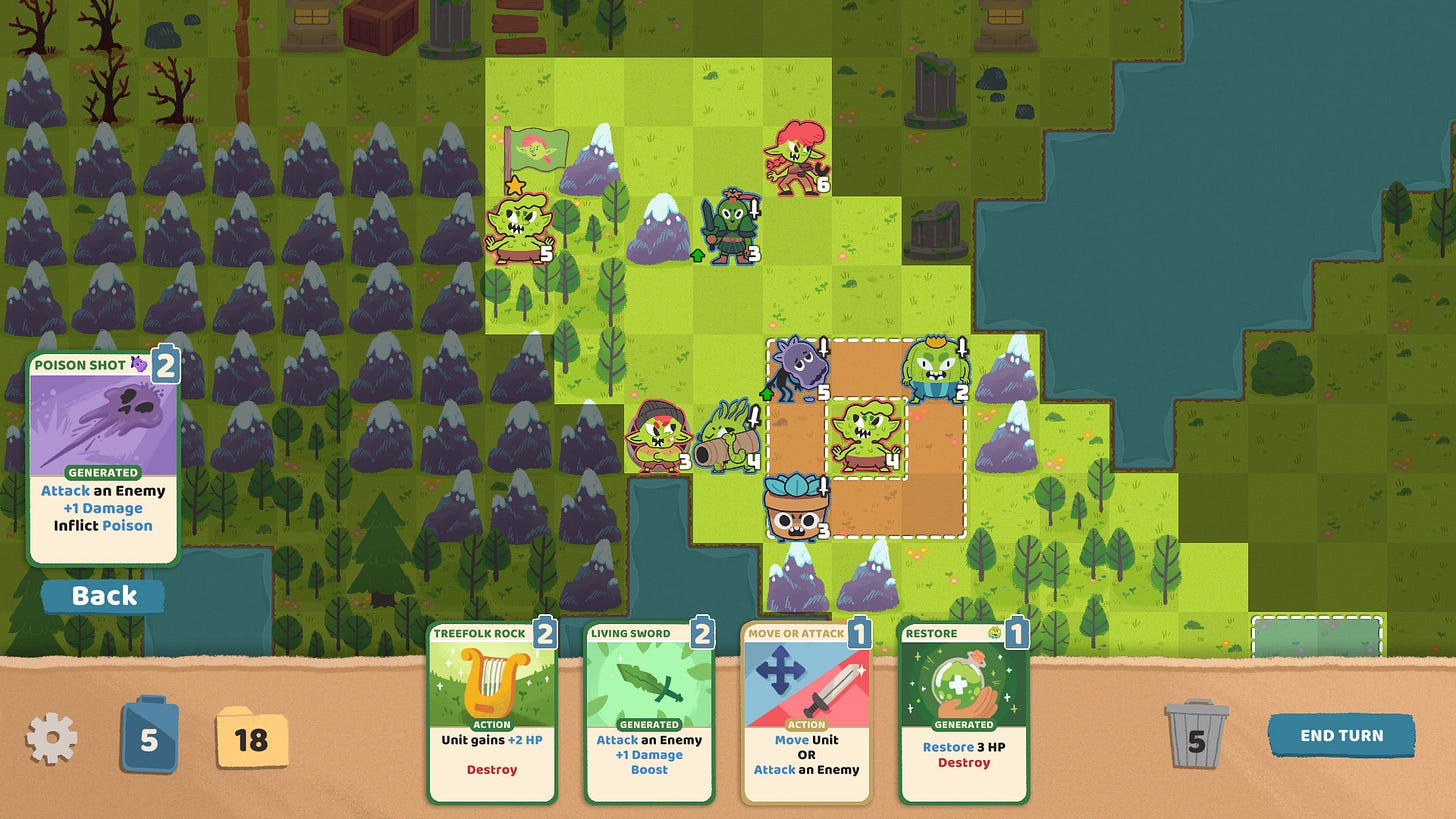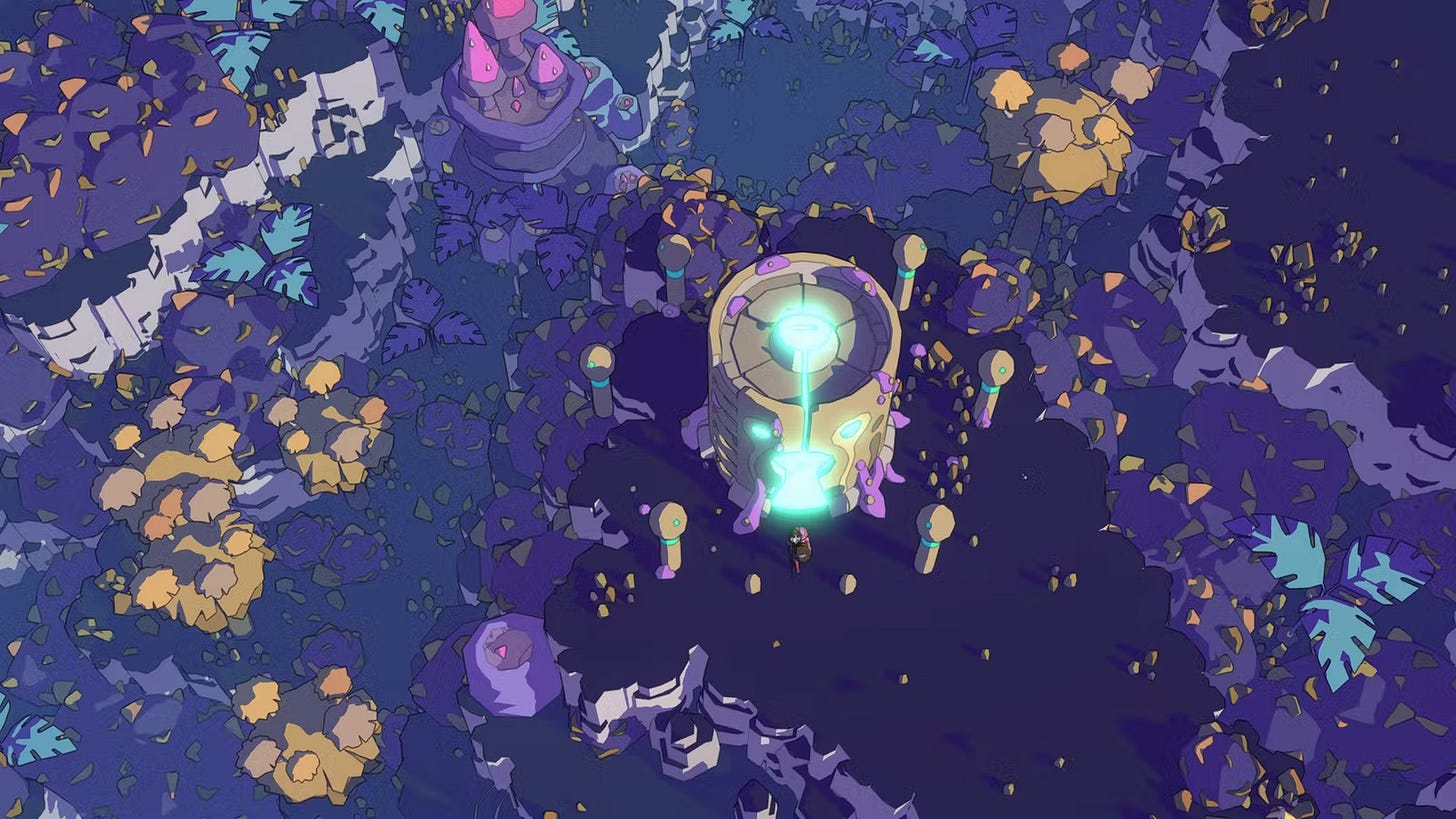The Iterative Digest #81
Playstation Plus lineup, Apex Legends on mobile, Techlands new ambitious project, the 7 Stages of Game Development, and more!
Why, hello there!
Welcome to issue #81 of the Digest! This week we discuss the new Playstation Plus lineup, safety in the online gaming space, and 7 Stages of Game Development!
So without further ado, sit back, relax, and enjoy this week’s latest - curated by yours truly! If you like what you see, don’t forget to share and subscribe; your support means a lot to us. Have a great week!
🎮PlayStation Plus revealed an early look at its games lineup set to launch soon. Notable newer titles include Assassin’s Creed Valhalla, Demon’s Souls, Ghost of Tsushima Director’s Cut, NBA, and 2K22, while classics fans have Ape Escape, Super Stardust Portable, Syphon Filter, and Tekken 2 to look forward to.
✉️ Sony Interactive Entertainment and Insomniac Games are reportedly planning to make a major donation to an abortion-rights nonprofit after SIE CEO Jim Ryan's poorly-received email last week.
📱 The free-to-play title Apex Legends has been rebuilt from the ground up with mobile users in mind and launched on the 17th of May onto iOS and Android devices. Crossplay is enabled between both but as this is a different build of the game, you will not be able to crossplay with console and PC.
🧟 An unnamed project is said to be coming from Techland, the same studio behind Dying Light 2. The title is expected to be an open-world fantasy action RPG, but little else has been said about the still-under-wraps project beyond the recent hiring push by the company to fill roles for the upcoming game.
📖 After the terror attack in Buffalo, NY, Bungie says they are committing to improving the safety of their online games to prevent extremism and is urging other companies to do the same.
Game development can be chaotic, but there is some method to the madness. Here we can take a look at the 7 main stages of a game’s development:
Planning
The planning stage is focused on ideating the video game and addressing the most common questions, such as what type of video game are we producing, what are some of the key features it must have, and who is the target audience. The idea will become the backbone of the entire game and sets the standard for every employee when building the game.
These ideas then lead to creating a proof of concept, where the studio will explore how viable the game is to produce. Additional questions will need to be answered, such as technological capabilities, estimated cost, staffing needs, monetization, timeframe, and so forth.
Pre-production
In pre-production, we brainstorm giving life to many ideas laid out in the previous stage. Writers, artists, designers, developers, project leads, and other departments collaborate on the scope of the game and where each piece fits in.
It’s common for studios to prototype characters, environments, interfaces, control schemes, and other in-game elements in this stage, to see how well they work with one another.
Production
This stage is where most of the time, resources, and effort will go so the game can be made. Modeling, designing, audio, visual effects, physics, mechanics, developing, and rendering will be worked on. These events can take many years to get right and it’s only fair to assume some changes may be needed along the way.
Testing
During testing, each mechanic and feature needs to be tested for quality assurance. Some examples that playtesters look out for during this stage are characters breaking out of locked environments, investigating buggy levels/elements, testing balancing of the game, and ensuring audio syncs up.
Pre-launch
In the lead-up to launch, the game will require marketing. If people don’t know-how about the game, how can they be expected to play it? Game trailers, gaming conventions such as Gamescom and PAX, demos, advertising, and influencer outreach can be utilized to drive attention to the game.
Launch
The months leading up to launch are mostly spent addressing bugs that have been found in the testing phase. On top of addressing these, developers will typically polish the game as much as possible before it launches. Upon completion, let’s launch the game!
Post-production
In post-production, we celebrate the launch of the game, while addressing any minor bugs and getting player feedback to support them. We could then be looking at some game-balancing patches, or adding in DLCs or additional content. New levels, storylines, and multiplayer are just a few options that a studio could explore.
It’s important to realize that no two games are created equally and game development can differ drastically from studio to studio. Roadblocks are inevitable, but this model serves to help address and plan for these kinds of situations. For more information visit G2’s 7 Stages of Game Development for an in-depth look into the model.
May 24th
Floppy Knights blends card battling, tactics, magic, and technology, with a bright and colorful art style. Join inventor Phoebe and her best friend Carlton — who also happens to be Phoebe’s robot arm — on a quest to save enough to move out of Phoebe’s parents’ place. It’s set to launch on Xbox consoles, PC + Mac.
May 26th
Sniper Elite 5 puts you in the boots of Karl Fairburne in 1944 France. Fighting to uncover Project Kraken, the game improves on its immersive maps, authentic sniping, and stunning kill cam so you can stop the Nazi War machine in its tracks. It shooting its way onto PS4/PS5, Xbox One, Xbox Series S/X, and PC.
May 27th
Unexplored 2: The Wayfarer’s Legacy is a challenging roguelike RPG with a tabletop feel set in a vast, rich fantasy world. With the removal of grind, XP, and gold, your story will focus on your choices and the consequences that will unfold. You can explore it on PC.
Kelsey - Get Played Pod
Formerly How Did This Get Played, this podcast follows the hosts and their guests as they comedically review different games with a new focus each week. They’re hilarious, passionate, surprisingly insightful, and definitely NSFW (especially in their off-the-wall intros), but a great podcast for gamers and devs alike as they discuss some of the nuances of game mechanics, story structure, sound design, and more, all while making you laugh.
Kelsey - Talos Principle
This 3D puzzler isn’t new, but its subject matter feels more relevant than ever. You spend half your time solving increasingly difficult puzzles and the other half questioning your own existence and the concept of AI’s personhood. The puzzles themselves are fulfilling, but the game’s narrative is what really sets it apart, forcing you to ask yourself what, exactly, is consciousness, and choosing between following the directions of a seemingly sentient computer program or a self-proclaimed deity, all while uncovering clues left behind by those who have been there before. Do you heed their warnings? Can you trust the disembodied voice who says he’s created this land just for you? Are you even alive? Each new addition to the story gives you more reason to question everything... and have tons of fun while doing it. This game is a great example of how a rich and complex narrative can really be the thing that elevates your game above similar titles.
Like what you’ve been reading so far?
Do subscribe and/or forward this to your friends if you like what you see! Feel free to let us know how we can improve at contact@theiterativeco - Suggestions are welcome!
We are The Iterative Collective - an indie games incubator & publisher! Each week, we shed light on the latest gaming trends for all folks interested in the scene by going through a summary of the latest news from the industry as well as promising upcoming game releases! Click to learn more about us below!















